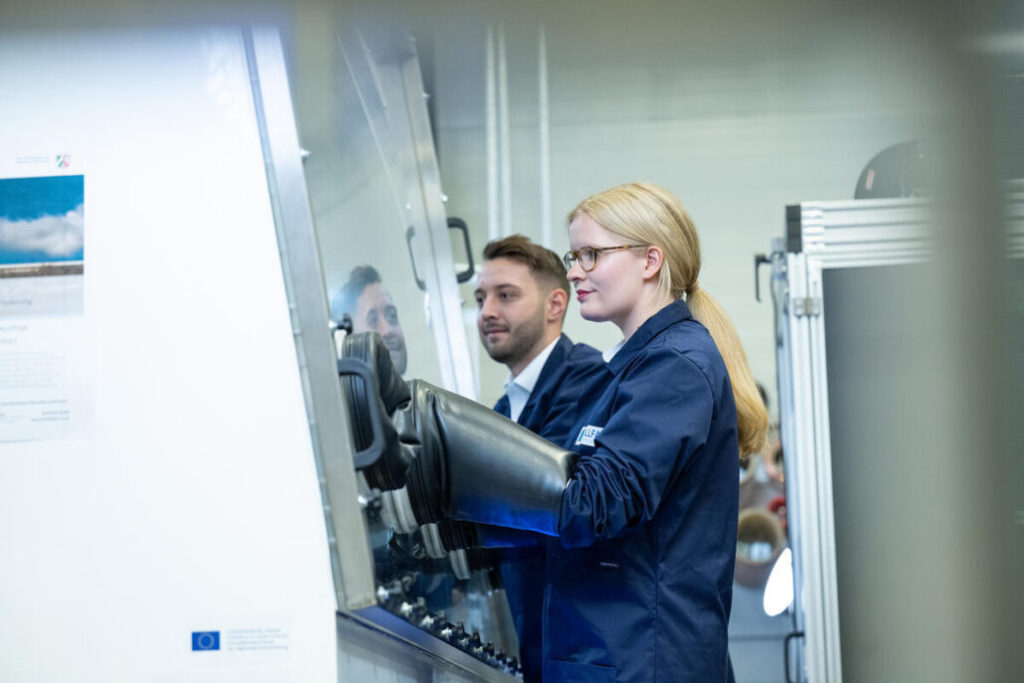The Production Engineering of E-Mobility Components (PEM) chair at RWTH Aachen University has launched “CellLab,” a new state-funded initiative to develop an advanced analytics infrastructure for battery production research. The project, backed by the North Rhine-Westphalia state government, aims to establish a laboratory capable of reproducible and safe operation of all necessary measurement instruments. CellLab will be integrated into PEM’s existing CellFab pilot line, which already replicates industry-scale processes from electrode manufacturing and cell assembly through to final cell production.
In addition to the CellFab equipment, CellLab will introduce modern analytical instruments as in-process modules for real-time monitoring and as post-process tools for subsequent quality testing. PEM’s current setup already collects extensive production data, generating large datasets to support digitalization efforts. By supplementing these datasets with high-precision lab measurements, researchers will be able to detect previously hidden characteristics of raw materials, intermediate products, and finished cells under controlled conditions.
According to PEM Director Professor Achim Kampker, many small and medium-sized enterprises (SMEs) lack the resources to build their own analytics infrastructure for battery research, limiting innovation potential. CellLab’s findings and methodologies will be made accessible to SMEs, enabling them to benefit from advanced analytics without the need for significant capital investment.
A parallel research and development effort will focus on integrating laboratory data into production parameter optimization. Professor Heiner Heimes, a member of the PEM leadership team, noted that production data alone are insufficient for developing comprehensive models—such as those needed for the calendering process. “Only with lab-based measurements can we make precise predictions, identify product error sources, and enhance quality assurance,” he said. The combination of real-time data analysis and advanced modeling is expected to substantially improve production efficiency.
Looking ahead, CellLab will support broader and more in-depth research outcomes in future battery production projects.
















